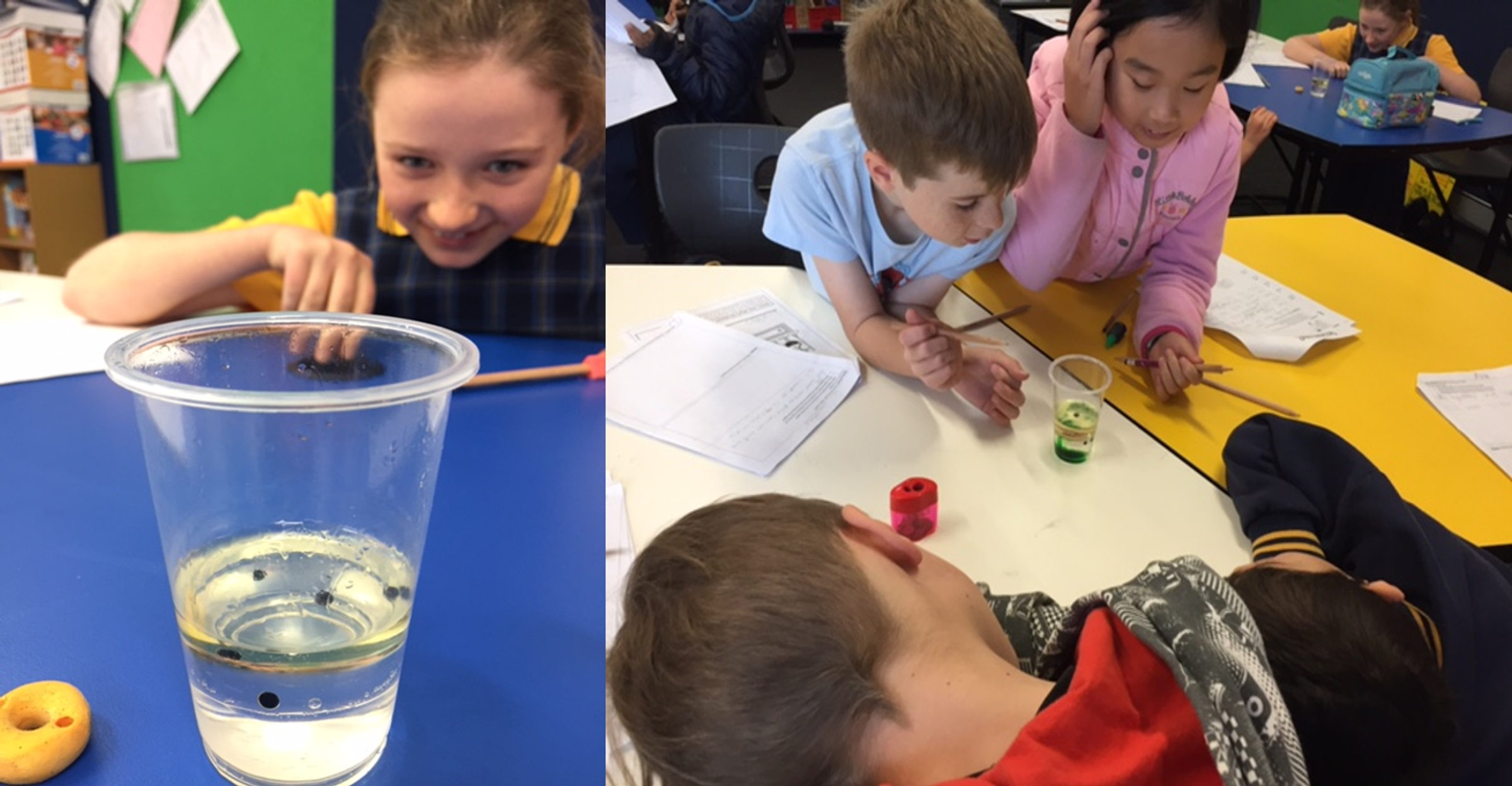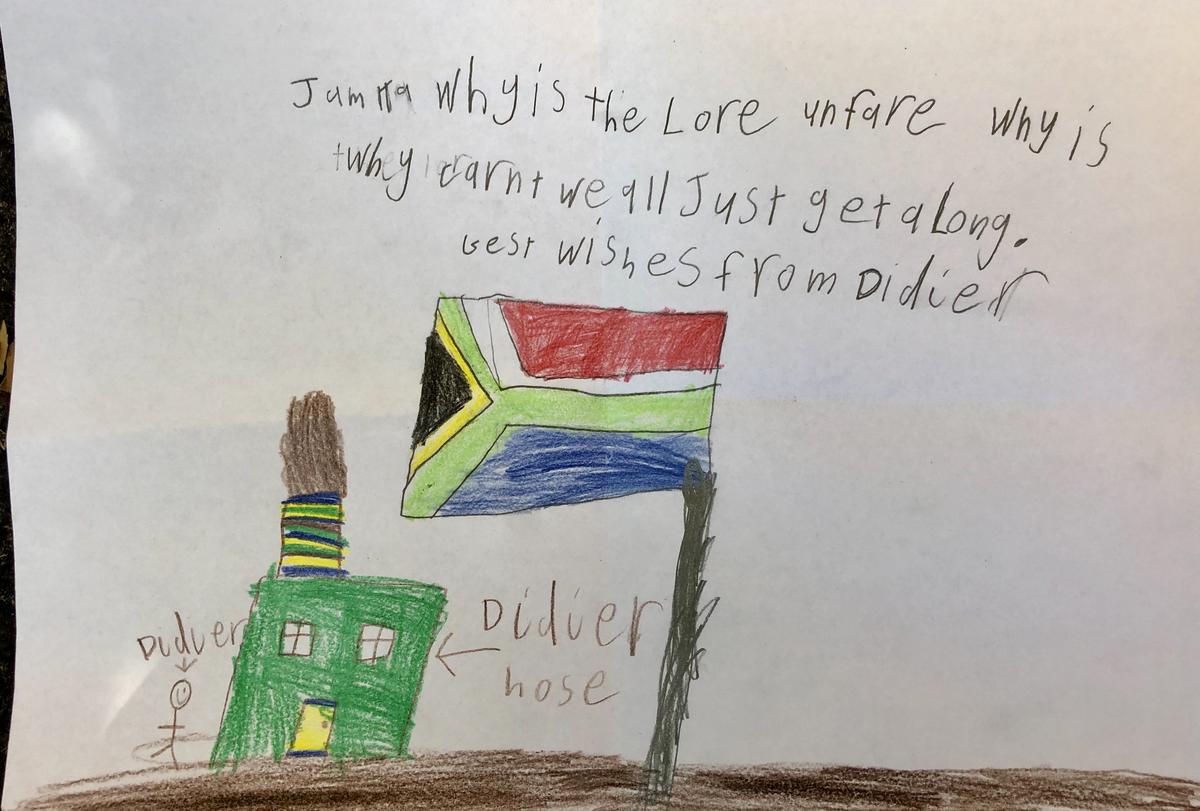Education News

Environment and Sustainability Sub-committee Update 2019
The Environment and Sustainability Sub-committee has hit the ground running in 2019 and we are in the process of drafting role descriptions for a Resource Smart School Working Group as well as a Sensory Fund Working Group. Terms of Reference will also be developed for both groups. Late last year, we were informed that a grant application from a couple of years ago was successful through the Department’s Inclusive Funding Grants and the Department has approved architects to undertake the work. The Environment and Sustainability Sub-committee will make available options as to what we can do with the chosen area – Jack’s Paddock. This area was identified by the architects as the most cost-effective space to use as the ‘bones’ are there to create something truly wonderful for our students and community. A consultation process will begin shortly with a view to building in the latter half of the year.
We are also in the process of creating a ‘bank’ of parent/carer helpers that could assist us during the year, in working bees, landscaping, ideas and planning. In fact, if keen and unsure if you have a skill we require, we still want to hear from you as we know that energy and enthusiasm are just as important as a specialist skill. Please give your name and email address to the office and I will be in touch once I receive it. We hope to bring some ‘green’ to the space near the Hall building this year and we will need parents/carers to help make this a reality.
Finally, we always welcome new members to the sub-committee which meets almost monthly - or eight times a year. In our next update we will provide further information on the specific working groups so that if you have an interest in either group, you are welcome to join a group and contribute. The parents/carers that expressed interest last year at a Foundation event will shortly be contacted, thank you for providing your details and we look forward to working together this year.
Alyena Mohummadally – Chair Environment and Sustainability Sub-committee
News from Rooms 13 and 14
As part of the 3-4 team’s inquiry unit this term that is developing our classroom Rights and Responsibilities, we have been exploring the UN Convention on the Rights of the Child. Some great questions we came up with included: Are these rights followed in every country? I wonder what it would be like if we didn’t have rights? And, what if the government did not care about our rights?
To help us begin finding some answers, Marsy’s dad Jamaka spoke to Rooms 13 and 14 last Thursday morning. He shared some of his family’s experiences during the apartheid era in South Africa. Jamaka explained to the students how under apartheid, people of different races were treated very differently by the government, with black people denied basic rights. Many of us were shocked to learn that people were not allowed to use certain water fountains, go to certain beaches, and live in certain areas because of the colour of their skin.
Jamaka explained that his parents and other members of his family had been activists in the African National Congress (ANC), which led the successful struggle to end apartheid and the unfair treatment of people based on their background and appearance. Marsy’s dad also spoke about his childhood in Swaziland, where his family lived in exile. Their home served as a safehouse for other ANC activists, who were introduced to Jamaka as his uncles. He thought he had a lot of uncles in his family! He also told us that his grandmother, Ellen Nkabinde, had once been Nelson Mandela’s first girlfriend and is mentioned in his autobiography Long Walk to Freedom (chapter 10, p. 91).
Jamaka taught us how to say hello and thank you in Zulu, Afrikaans and other South African languages. He also sang us a freedom song in Zulu, “Umama Uyajubula” (there are versions on Spotify; see also the album “Freedom Songs” by African Cream Freedom Choir).
After the talk, the children were excited to share what they thought.
“I thought it was great,” Séamus said. “I love to learn about Nelson Mandela and his history. I don’t know many people who are African; I still have so many questions. If now we treated people like that then there’d be a lot of things that I couldn’t do with my friends who have different skin colours.”
“I learned so much,” Samuel said. “I learned that South Africa got taken over by the Dutch. And that some black people’s houses were made of junk. I think the black people were unlucky because they were treated so unfairly.”
Annabel said: “It was interesting, especially how people fought back. I was intrigued by that. What did they use to fight back?”
“It was really nice of him to come in and teach us all about South Africa and answer all our questions,” Raife added. “I learned that the white people came and said this all our land, and lots of black people had to build their houses out of scrap metal. It was very sad, how Mandela was put into prison. I also liked hearing about the Zulu tribe.”
Mariam said: “The black people had bad beaches, the white people had good beaches. The black people had to do all the chores. It doesn’t make any sense. We’re all the same. It’s just colour, it doesn’t matter, everyone needs to have the same rights.”
Jamaka later told us: “I was very impressed by this unit, especially the fact that it was being enthusiastically explored in Year 3 and 4, I was surprised by the amount of interest and engagement by the students of Room 13 and 14. There were so many great questions. Thank you to Patrick for asking me to do the talk, thanks to Cassie and Patrick for allowing me to share with your wonderful students on such an important subject “Children’s Rights Around the World.” And thank you Room 13 and 14, I got your lovely notes and messages. Stay conscious and keep asking questions about everything in our world.”



